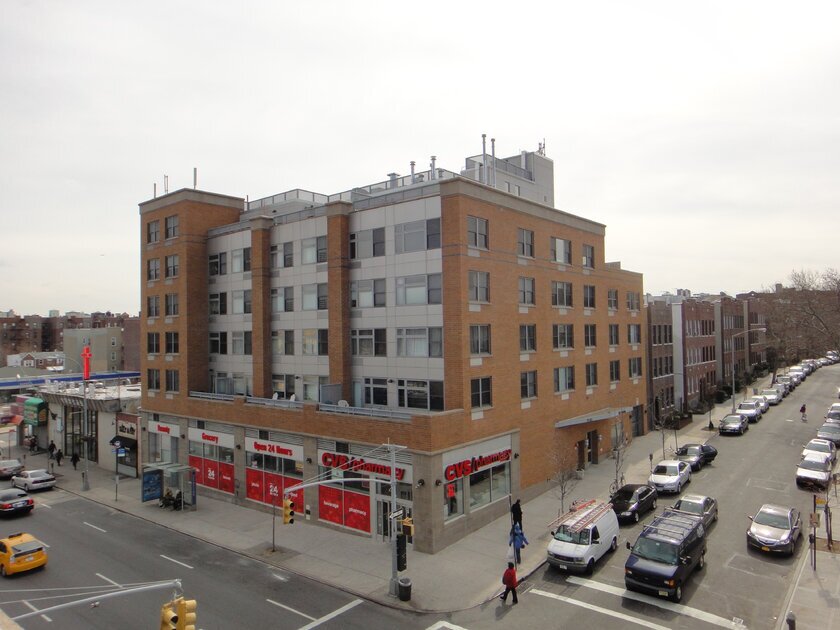In 2013, the Central American nation approved Zones for Economic Development and Employment (ZEDEs), a dramatic experiment in economic zone creation that operates with high degrees of autonomy from Honduran law. Honduras allowed this experiment in response to its long-standing struggles. As Borgen Project reports, the country is Central America’s second most impoverished; 66 percent of residents lived below the poverty line as of 2017 and nearly 15 percent were unemployed. The nation also has the world's second highest murder rate, and corruption in law enforcement is pervasive.
“The crux of the Honduran dilemma,” Zach Weissmueller wrote inAmericas Quarterlyin 2014, is that “investment, industry and jobs — the very things necessary to put the country back on the right track — remain elusive in an environment of political uncertainty and social unrest.” Hence, ZEDE supporters argue, autonomous regions will offer Hondurans an escape from their current situation without having to leave the country, as they often must now.
An article by the Center for Strategic and International Studies explains that while ZEDEs must comply with several overarching Honduran laws, including those related to “national defense” and territorial claims, the regions otherwise have near-total autonomy. ”Within their borders, ZEDEs are free to adopt their own taxation systems and legal regimes, subject to oversight by a national committee.” This committee was tasked with ensuring compliance with human rights standards as found in the national constitution.
Three ZEDEs have been formed in Honduras. Two of them, Orquídea and Ciudad Morazan, have an industrial focus, which is a common use for economic zones. The third, and most interesting, is Prospera, a planned city on Roatan Island that will be governed by common law principles and lenient development policies. Prospera’s draw, besides being a beach resort, will be its attempt to create internal institutions that presumably surpass Honduran ones — or ones in the developed world, for that matter. Prospera will have its own arbitration system, financial center and private security.
In an interview, Prospera’s Gabriel Ayau said that the goal of establishing the financial center is to “modernize the financial infrastructure of Honduras and just bring it into the 21st century.”
But this experiment in autonomy may end before it’s had a chance to really start. In April 2022, the nation’s legislature voted overwhelmingly to repeal the law enabling construction of additional ZEDEs. Newly elected President Xiomara Castro praised the move, calling ZEDEs “criminal” and arguing the law undermined national sovereignty. ZEDEs which are already underway will be allowed to proceed, the government claims, but they will have to comply with new legal frameworks.
Opposition to ZEDEs stems largely from concerns about eroded sovereignty, which is the common rebuttal to other enterprise zones. After all, the national government of Honduras is giving up control of certain areas it once oversaw. The blowback has also come with concerns about displacement of Indigenous populations that live next to cities branding themselves as “Latin American Singapores.” ZEDEs are causing divides between political parties and rebukes from major Honduran legal institutions.
But this charge that ZEDEs “take land” from Honduras misses the point of why the concept exists. If a national government shows routine inability to run sound institutions — as is the case in Honduras — then it justifies alternatives. Enterprise zones not only create competition and put pressure on host countries to reform their ways (lest they lose people to the SEZ), but also create economic spillovers for the host country.
This has been the case, at least, for some of the highest profile enterprise zones. Dubai, Singapore and Hong Kong all have become prosperous due to their autonomy from larger governments. (Although in more recent history Hong Kong has become more tightly controlled by the Chinese government.) All three score well on GDP per capita and other economic indicators.
China itself has famously pursued enterprise zones within its own borders. Within them taxes are lower than in China as a whole, and trade and legislative matters are determined internally. Some zones are credited for as much as 90 percent of their region’s increased GDP. The most prominent example is Shenzhen, which grew from a small fishing city to a 17 million-person hub with over 90,000 foreign enterprises.
This is not to say that all enterprise zones have been successful. In India, rollout of SEZs has been lackluster, as a minority of the 564 approved zones had gone forward as of the mid-2010s. This is due to uncertainty around tax policy for SEZs, with an incentive having been revoked amid fraud concerns. And a recent effort to create somewhat similar “opportunity zones” in the U.S. has been disappointing, as have earlier efforts in a similar direction, largely because gains have not spread to needy residents. But their failure in a wealthy first-world country does not prove that they won’t work in a poor nation that desperately needs development. And even when they fail, that failure is confined to a small territory, which is preferable to having it spread across whole countries.
The U.S., as things stand now, doesn’t have special economic zones. The closest thing, according to a map by the consulting firm Adrianople Group, is foreign-trade zones. The federal Department of Customs and Border Protection explains that in these trade zones import taxes are reduced or eliminated, bearing some similarity to Singapore’s free trade zones. Economic zones are also uncommon in Europe, Canada and Australia. But various versions can be found throughout Latin America, Africa and Asia, in developing countries where institutional government failure has created an appetite for change. It will be interesting to see what kind of change they produce in Honduras — to the extent they are allowed to continue.
This article featured additional reporting from Market Urbanism Report staffer Ethan Finlan. Governing's opinion columns reflect the views of their authors and not necessarily those of Governing's editors or management.
Related Articles














